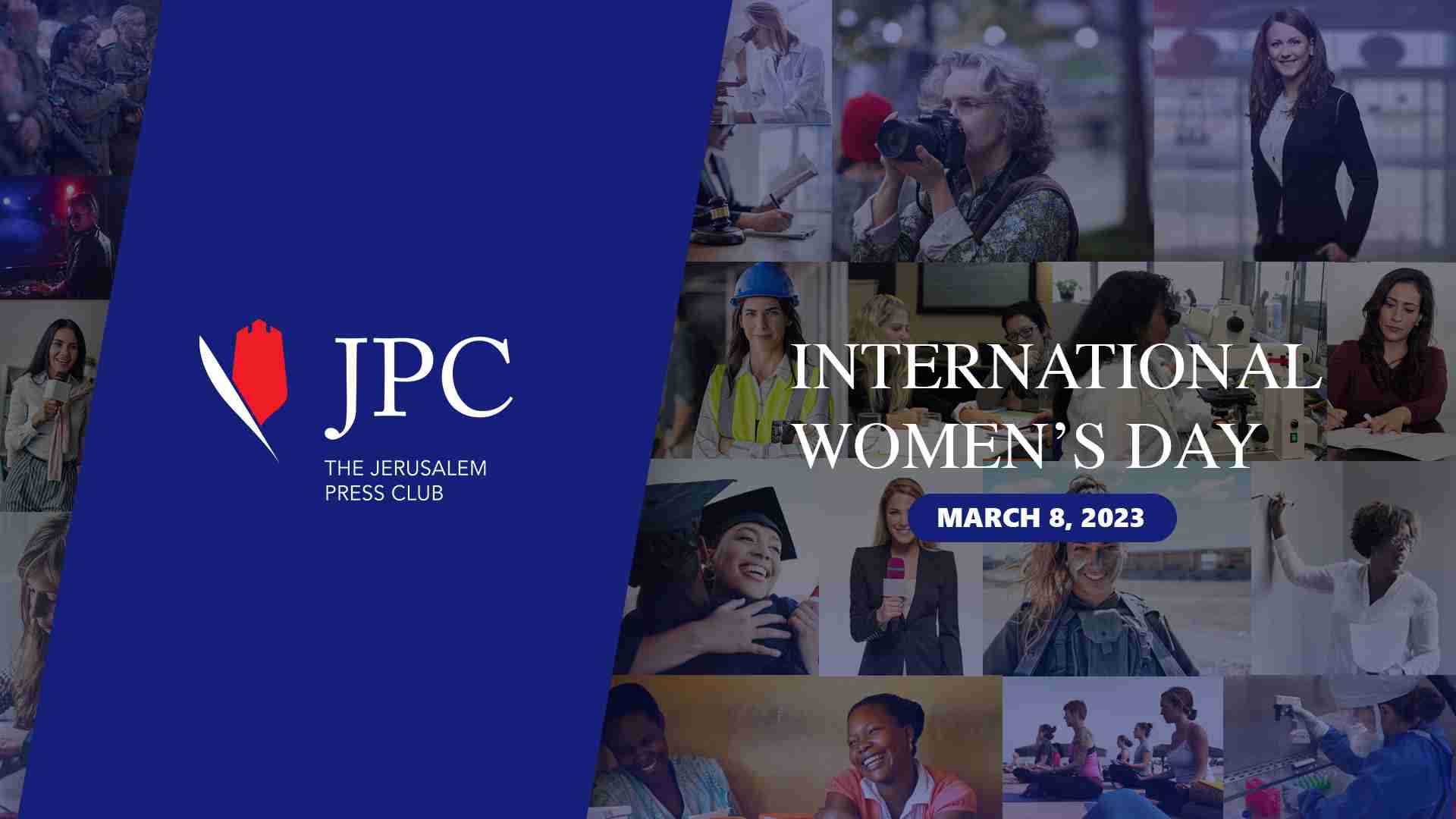

Anat Saragusti
A lot has been said about the lack of women’s representation in this government. Do you think this criticism is correct and should gender equality outweigh political considerations of the parties?
The Israeli political arena has never been equal – Not on gender lines, and not in any other aspect, like representing the biggest minority in the country: Arabs.
In the Knesset there are two parties that ban women from running for office, the two Orthodox Jewish parties – Shas and United Torah Judaism. This reality has never been challenged by the other parties, and it never prevented any party from sitting with them in a coalition. In addition, there is no binding affirmative action, and no party is committed to gender equality unless it is an internal decision.
The claim as if you have to give up excellency and lower the standards if you want gender equality is false. Women are more educated than men (statistically), and they can compete equally in almost every field. In jobs, the call for applications often include criteria that fit men and don’t fit qualifications and skills that women are stronger in. People often weigh male’s skills higher than women’s even if it has nothing to do with the job description. There is often a tendency to look for someone who looks like us. And “us” is many times the male group.
Minority issues at times intersect and we have seen this significantly in the recent protests to reforms the government plans to make. Do you think that this overlap strengthens the struggle for women’s rights or does it depreciate the issue?
I think that unfortunately gender equality is always pushed down the list of national priorities. And this is especially true in Israel, that frames the main threats on society and on the state as enemies from the outside, like Iran and Hezbollah and Hamas. This is why issues that stem from the gender gap, like violence against women, are not being addressed properly, and has not become a real national and social threat.
How has the role of women in the policy world (beyond political leadership – journalism, academia, defense etc.) in Israel evolved over the years, and what progress still needs to be made?
One has to understand that from its establishment Israel has never had gender equality. This is a systemic and structural fact. A whole part of our lives is controlled by religious institutions – Rabbinical institutions for Jews and Sharia courts for Muslims, and so on. Marriage and divorce are solely under the authority of the religious court. Those institution are basically against gender equality. In the Jewish Rabbinical courts there are only male judges, and they rule according to the religious set of rules.
If we look in retrospect at other fields that have a role in the society and some influence – journalism, academia etc. – we can identify some positive progress. But it is a very minor one and not necessarily a linear progress, and it depends a lot on other people’s power. It is not a built-in mechanism that makes sure we will be more equal in a certain timeframe.
In addition, Israel is considered a militaristic society, which means that the army has a central role in the society, a major slice from the state budget, and the army – the biggest organization in the country – employes mainly men, and promotes men. Being a veteran of the army gives you positive points when you join any job outside, especially when you run for office.
Unfortunately, mainstream media has not changed dramatically, although there are some points where we can see a change toward more gender equality.
Taking into consideration that a significant part of the population in Israel is conservative (both ultra-Orthodox, religious-Zionist, and much of the Arab sector), what can be done to educate the next generation about gender issues?
The trends towards more gender equality don’t stop with the Haredi, ultra-Orthodox and Arab sector – On the contrary. We can identify those trends in the most traditional and conservative communities. But this takes a lot of time. We do see a growing participation of ultra-Orthodox women in the work force in Israel, and their participation rates are similar to secular Jews. Assimilation in the work force is an opening to integration in the general society. In many cases it requires high education, in addition to Biblical studies. And we have to take into consideration the contribution of technology, that enables everyone with a smartphone to be part of the world. On the other hand, we see powerful trends towards strengthening the contrary, and pushing women back into the kitchen and to care for the family and the children. Those are powers that are rooted in the Rabbinical institutions and Rabbis.
The current government is based on ultra-conservative and ultra-Orthodox Jewish parties, and they plan to pass some bills that may push gender equality years back.
Educating the next generation is the real challenge. It depends very much on how mass media reflects reality, the participation of women in the mainstream media, the participation of women in the work force, in academia, in decision making forums, and how many women are running for office. It also requires special investment in curricula, it requires the allocation of budgets for this purpose, and requires qualified teachers to conduct such training. Awareness is a key element if we want to succeed, and we also have to understand that education is a very long-term investment, and it cannot be changed every time there is a new minister in the office.

